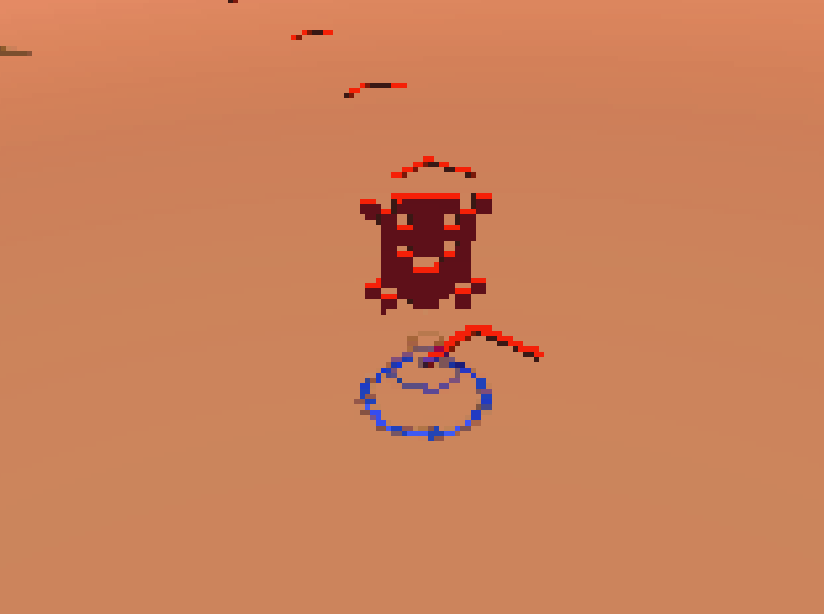When you think of indie games which developers come to mind? Is it Phil Fish, the controversial mastermind behind Fez? Perhaps it’s Edmund McMillen and his darkly humorous creations. Or maybe the impossible to hate Derek Yu of Spelunky fame? Forget those guys, you should be thinking of Dariusz G. Jagielski and his 3D platformer, Computer Virus Simulator.
Who? What?
Computer Virus Simulator (demo available here)is the low-fi platformer that Jagielski’s been working on since 2014. Between surviving on a regular diet of cheeseless macaroni, a failed crowdfunding campaign, and a 10 year old computer; it’s evident that development has been painfully arduous. To top it all off, based on its current state, it’s likely Computer Virus Simulator won’t be winning many awards when it’s eventually released. If that day ever comes. That’s why it represents the core of indie game development.
The Big Small Guys
Kingdom Come: Deliverance, with it’s large team of industry vets and millions in funding, is technically an indie game. As is Undertale, the charming RPG developed by a minuscule team and a relatively small budget. Both titles were met with fanfare and financial success; something most developers will never feel a hint of when releasing their game. Statistically speaking, most indie games release to a small handful of Steam reviews, ignored press releases, and deep discounts in an attempt to get someone, anyone, to take notice.
Why bother then? Because developers like Jagielski and his nascent platformer represent what indie game development is all about: the innate desire to learn, create, and entertain. Money is the icing on the cake that allows the cycle to continue. Jaguelski and his ilk aren’t media savvy, don’t have AAA development experience, and can even be uncomfortably rough around the edges. But they also represent the 98%ers of the indie gaming world.
None of this is to say that you should forgo the latest big-name indie release in favor of a third tier pity purchase. Just keep in mind that indie game development is more about struggling to survive to create something people will hopefully like, and less network TV appearances.




